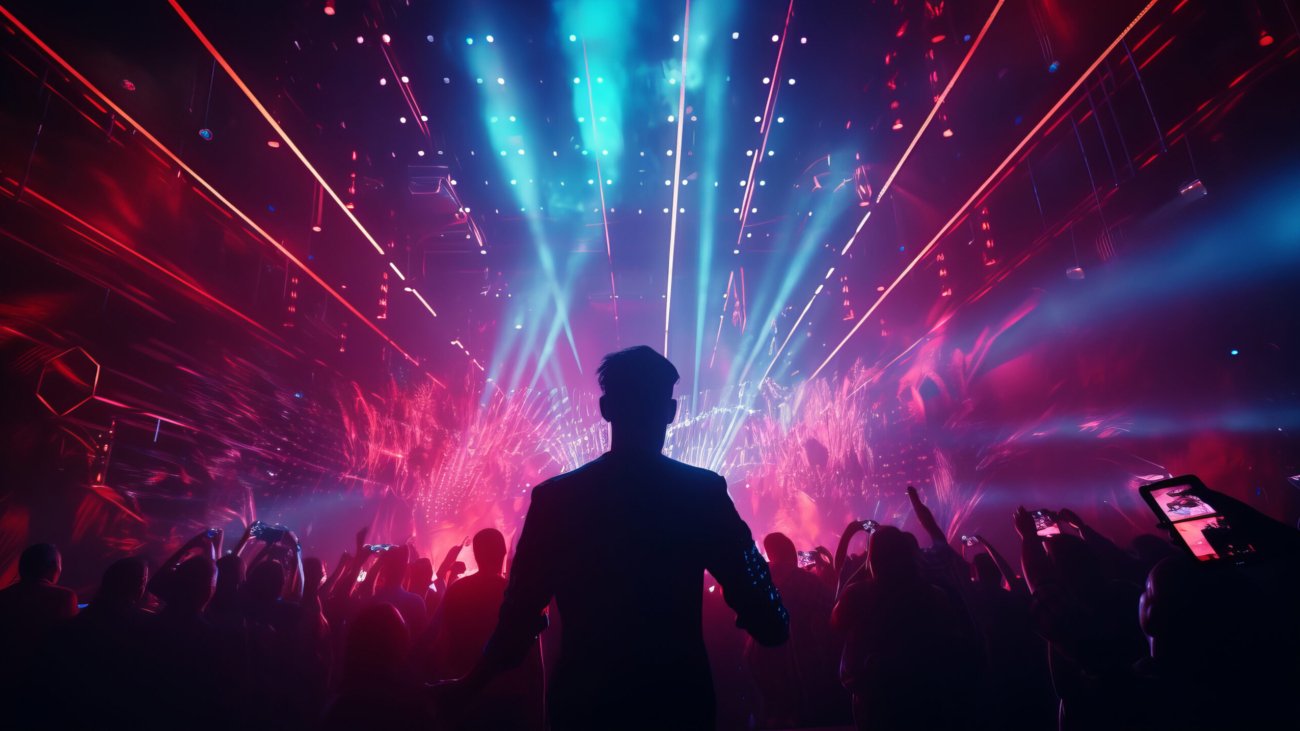Discotheque License in India: Complete Guide
Running a discotheque, nightclub, or dance bar in India is more than just music and fun—it’s a business governed by several laws. To operate legally and safely, a Discotheque License in India is mandatory. This blog will guide you through why you need one, the required approvals, procedure, and how to avoid penalties.

What is a Discotheque License?
The Discotheque license is a combination of authorizations needed in order to operate an establishment in which music, dancing and possibly liquor sale are involved. It makes sure that the restaurant observes practice of safety of the people, norms of noise pollution, laws of alcohol and the local regulations.
Why is a Discotheque License Required?
Running your business without the necessary licenses may result in huge fines, police intervention as well as the closure of your establishment. A discotheque permit:
-
Ensures safety and order in public venues.
-
Regulates noise and crowd control.
-
Allows lawful serving of liquor and playing of copyrighted music.
-
Helps avoid interference by police or municipal authorities.
-
Boosts credibility and consumer confidence.
Key Licenses Required to Operate a Discotheque
Running a discotheque isn’t covered by just one license. You need several approvals:
1. Trade License
Issued by your local Municipal Corporation to allow commercial activities.
2. Liquor License
Mandatory if alcohol is served—obtained from the State Excise Department.
3. Public Performance License
Issued by IPRS and PPL for playing copyrighted music.
4. Police Permission / Public Entertainment License
Needed for running a public gathering venue with music and dancing.
5. Fire Department NOC
Certifies that your venue follows fire safety norms.
6. Health NOC
Issued by the Health Department ensuring sanitation and hygiene.
7. Eating House License
If food is served, you need this license from the police authority.
8. Shops and Establishments Act Registration
Mandatory under the respective state law for commercial establishments.
Procedure to Obtain a Discotheque License
Follow these steps to get your discotheque fully licensed:
✅ Step 1: Business Registration
Form a legal entity like a proprietorship, partnership, LLP, or private limited company.
✅ Step 2: Premises Setup
Ensure the venue meets safety standards—emergency exits, soundproofing, fire extinguishers, etc.
✅ Step 3: Document Collection & Submission
Gather all documents like ID proof, property papers, site plan, NOCs, etc., and file applications with respective departments.
✅ Step 4: Inspections & Approvals
Fire, health, and police departments may inspect your premises before issuing NOCs.
✅ Step 5: Pay the Fees
Each department may charge different license fees depending on your location, capacity, and services offered.
✅ Step 6: Get Final License
Once all approvals are in place, you’ll receive your licenses. Ensure renewal is done annually or as required.
Documents Required
-
Identity & Address Proof of owner
-
Ownership/rental proof of premises
-
Site plan showing fire exits and layout
-
NOC from Fire and Health Departments
-
Company incorporation documents
-
IPRS & PPL license for music
-
GST registration
-
Police clearance certificate
-
Environmental clearance, if applicable
Fees and Validity
-
Fees: Vary based on state, size of venue, and services. For example, liquor license fees can be ₹1 lakh or more annually.
-
Validity: Most licenses are valid for 1 year and must be renewed regularly.
Penalties for Non-Compliance
Operating without a proper license can result in:
-
Heavy fines
-
Suspension or cancellation of your business
-
Sealing of the premises
-
Police FIR and legal prosecution
-
Permanent blacklisting of your business
Tips for Smooth Licensing
-
Hire a professional consultant to manage multiple licenses.
-
Maintain all documents and NOCs updated.
-
Choose a location that complies with local zoning laws.
-
Do not delay renewals—many licenses have strict timelines.
-
Establish good relations with local departments for hassle-free inspections.
Applicable Laws
-
State Excise Acts (for liquor)
-
The Indian Police Act, 1861
-
Environment Protection Act, 1986
-
Copyright Act, 1957
-
Municipal Corporation Acts
-
Shops & Establishments Act (varies by state)
Conclusion
Getting a Discotheque License in India involves coordination with multiple authorities. While the process may seem complex, it ensures legal protection, business credibility, and public safety. Whether you’re planning a high-end club or a local dance lounge, make licensing your first step toward a successful nightlife business.


